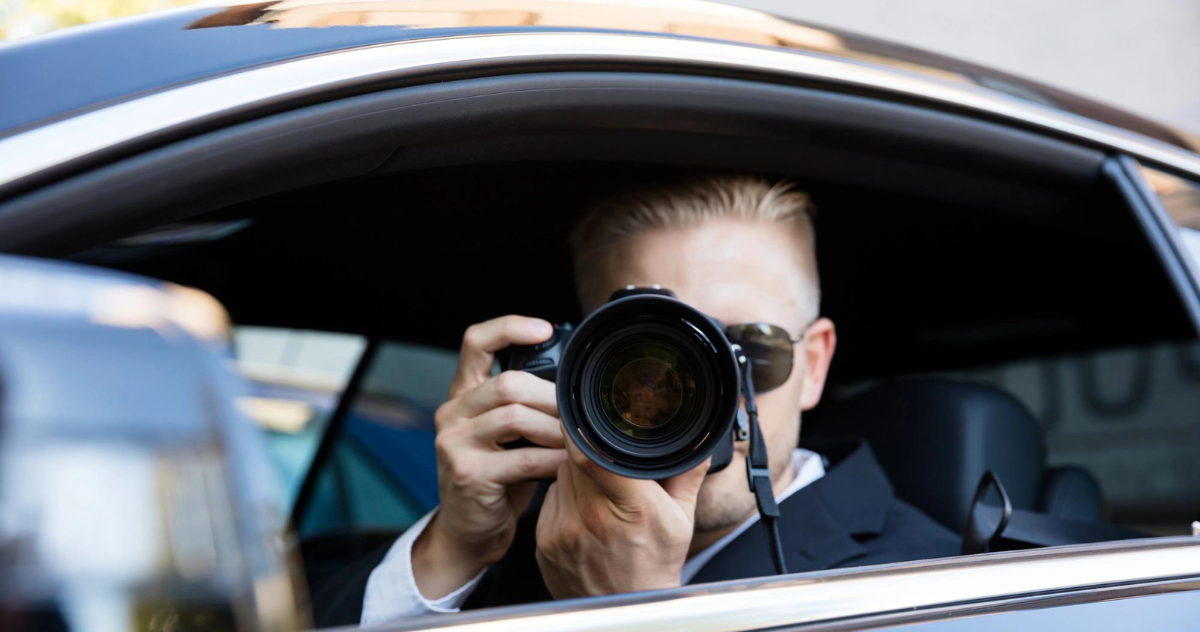New York (Transatlantic Today)— Is it illegal to hire a private investigator? Hiring a private investigator can be vital in resolving personal or legal matters. They can serve a crucial role in dealing with a potentially cheating spouse, seeking missing persons, or gathering evidence for a legal case. However, it’s important to understand that while hiring a private investigator is not inherently illegal, strict regulations govern their activities. This article will explain the boundaries of legality when hiring a private investigator and the key considerations you should consider.
Is It Illegal To Hire A Private Investigator?: Impersonation of Law Enforcement
One critical aspect of legality that private investigators must adhere to is the prohibition of impersonating law enforcement officers. It is a fundamental principle that anyone not certified in law enforcement should not act as one. This implies private specialization should’t convey identification, wear policing enforcement uniforms, showing law enforcement logos, or participate in exercise that could delude others into thinking they are essential for administration office. Keeping a reasonable differentiation between the jobs of private specialists and policing fundamental to keep away from any likely lawful issues.
Wiretapping a Phone
Private investigators often deal with sensitive information, and this sometimes involves phone surveillance. Federal law mandates that wiretapping phone calls without the consent of at least one party is illegal. Moreover, individual state laws further regulate this area. In 38 states, the law stipulates that at least one person on the call must consent to the record. In the remaining 12 states, both parties involved in the call must consent before the recording can be deemed legal. Private investigators must strictly adhere to these laws to avoid legal repercussions and protect the privacy rights of individuals.
Trespassing
The nature of private investigation work may require investigators to enter properties owned by others. However, it is crucial to understand that state and local laws may restrict or prohibit such actions. Private investigators must respect property rights and not engage in trespassing. Moreover, breaking is a clear violation of the law. In most cases, investigators must obtain explicit permission from the property owner before entering their premises. This is particularly relevant in divorce cases where spouses may still reside in a shared home. Trespassing not only jeopardizes the legality of the investigation but can also lead to civil liabilities and criminal charges.
Privacy and Consent
Regarding singular protection and getting assent are two vital standards in the world of private examination. It is illegal for a confidential examiner to meddle with a singular protection in manners that encroach upon their freedom. This includes placing monitoring cameras in confidential areas, Hearing private conversations, or getting personal information without proper permission. To keep up with moral l and legal guidelines, agents should acquire informed assent from people they are checking or assembling data about. Inability to do so can bring about serious legitimate results.
Stalking and Harassment
Engaging in stalking or harassment behaviors is strictly prohibited for private investigators. These actions break the law and can lead to civil lawsuits and criminal charges. Stalking involves unwanted and intrusive behavior that causes emotional distress and fear in the subject. Harassment encompasses a wide range of actions that intentionally cause distress, alarm, or annoyance. Private investigators must always conduct their work within the bounds of the law and ethical guidelines, refraining from any form of intimidation, harassment, or stalking.
Ethical Conduct and Professionalism
Beyond the legal aspects, it is crucial for private investigators to uphold high ethical standards and maintain professionalism. This safeguards their reputation and ensures that the information gathered can be admissible in court. Employing deceptive or unethical tactics can tarnish an investigator’s credibility and potentially lead to the dismissal of evidence in legal proceedings. Therefore, it is essential for private investigators to operate with integrity, honesty, and transparency.
Conclusion: Is It Illegal To Hire A Private Investigator?
In rundown, hiring a confidential examiner is not inherently illegal, but there are clear limits and guidelines that should be followed. Impersonating law limitation policemen, wiretapping cell phones without assent, attacking security, following , and badgering are all active that can prompt legal consequences for private examiners. To defend the integrity of the examiner and the rights of all gathering included, private examiners should work within the limits of the law and moral rules.


























